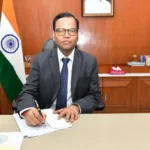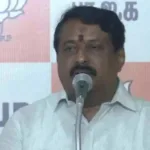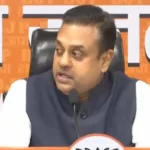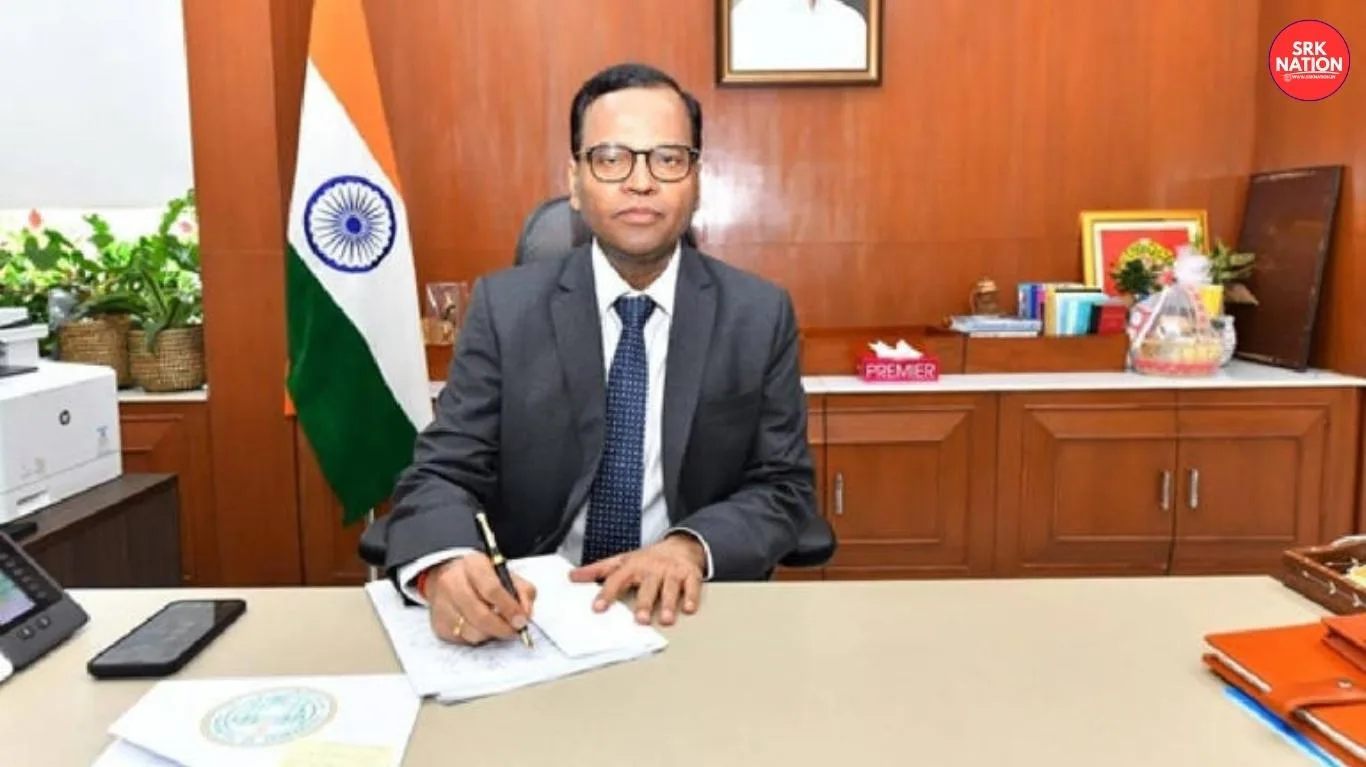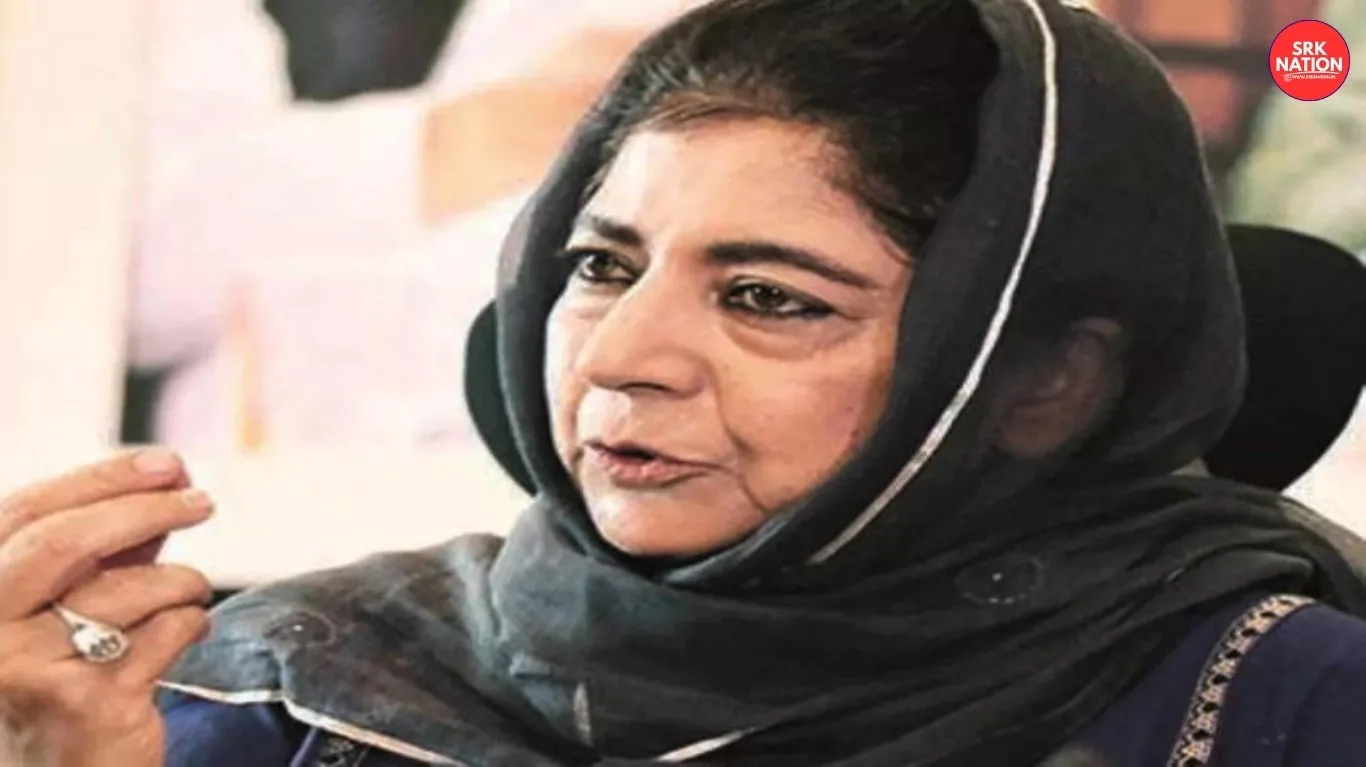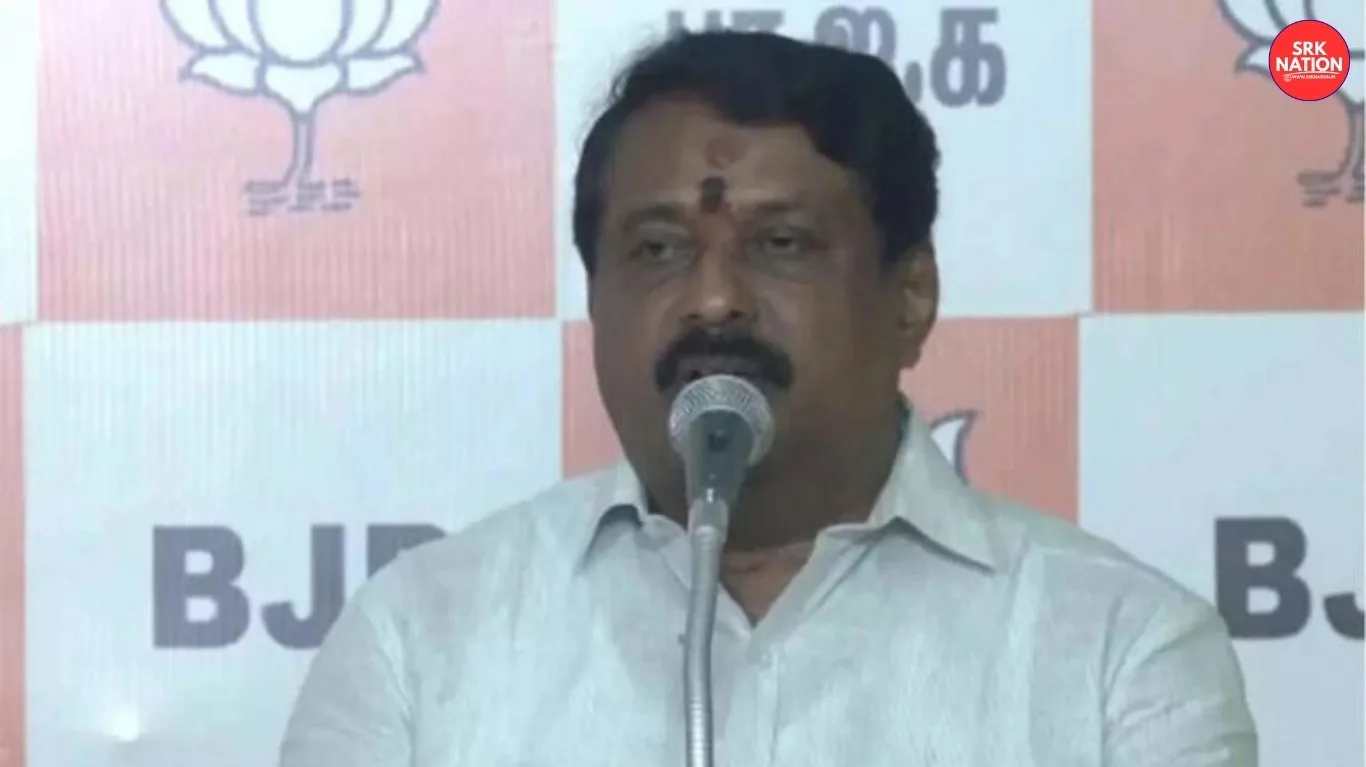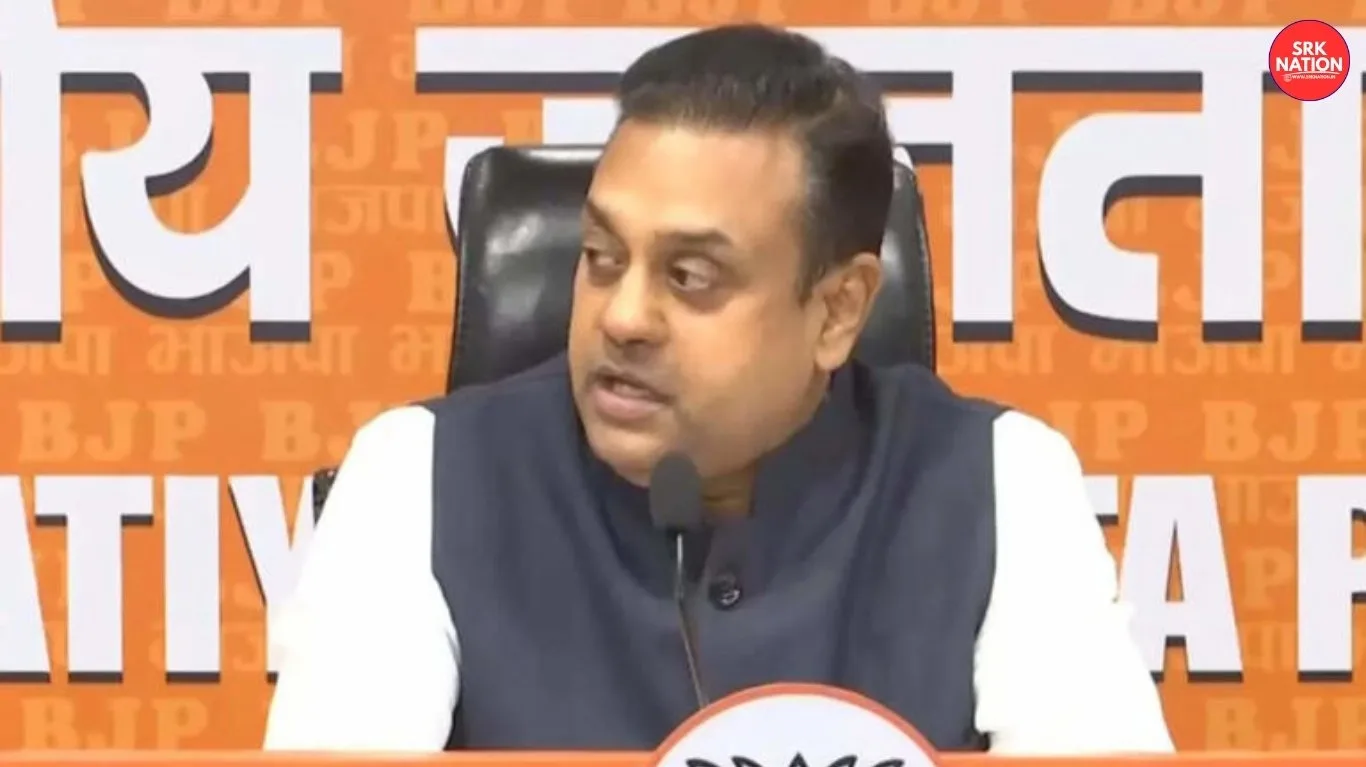Delhi Chief Minister Arvind Kejriwal has strongly contested the ongoing Phansi Ghar proceedings initiated against him by the Delhi Assembly’s Privileges Committee, calling them “legally untenable” and politically motivated. In his communication to the panel, Kejriwal argued that the proceedings lack constitutional validity and infringe upon the principles of natural justice.
The controversy has sparked intense debate in political and legal circles, with questions raised about the scope of legislative privilege, the powers of assembly committees, and the rights of elected representatives.
Background of the Phansi Ghar Proceedings
The term Phansi Ghar (literally “execution chamber”) has historically been used in Delhi Assembly to describe proceedings against individuals accused of breaching legislative privilege. The Privileges Committee, empowered to examine such matters, initiated action against Kejriwal following remarks and conduct deemed disrespectful to the Assembly.
Kejriwal, however, maintains that the proceedings are unconstitutional, arguing that:
- The Assembly cannot exercise punitive powers beyond its legislative scope.
- The committee’s actions violate his fundamental rights as a citizen and elected representative.
- The proceedings are politically motivated, aimed at silencing dissent.
Kejriwal’s Arguments Before the Panel
In his written submission, Kejriwal emphasized:
- Violation of Constitutional Principles: He claimed the committee’s actions go beyond the powers granted under the Constitution.
- Natural Justice Concerns: He alleged that the proceedings lack transparency and fairness.
- Political Targeting: He accused rival parties of using legislative privilege as a tool of intimidation.
- Public Mandate: He reminded the panel that he represents millions of Delhi voters, and punitive proceedings undermine democratic choice.
Kejriwal’s Key Claims vs Committee’s Position
| Kejriwal’s Claim | Committee’s Position | Legal Debate |
|---|---|---|
| Proceedings unconstitutional | Committee asserts privilege powers | Scope of legislative privilege |
| Violates natural justice | Committee says due process followed | Transparency and fairness |
| Politically motivated | Committee denies bias | Political vs legal interpretation |
| Undermines public mandate | Committee insists accountability | Balance between mandate and discipline |
Political Reactions
- AAP Leaders: Condemned the proceedings, calling them an attempt to weaken Delhi’s elected government.
- Opposition Parties: Defended the committee’s actions, arguing that no one is above legislative discipline.
- Civil Society Groups: Expressed concern over the use of privilege proceedings as a political weapon.
Legal and Constitutional Dimensions
The case raises important constitutional questions:
- Extent of Legislative Privilege: Can assemblies punish members beyond suspension or censure?
- Judicial Review: Courts may be asked to intervene if proceedings are deemed unconstitutional.
- Balance of Powers: The case highlights tensions between legislative privilege and fundamental rights.
Possible Outcomes of the Proceedings
| Outcome | Implication | Likely Impact |
|---|---|---|
| Committee drops proceedings | Vindication for Kejriwal | Boost to AAP’s political narrative |
| Committee recommends punishment | Escalation of conflict | Legal challenge in courts |
| Judicial intervention | Clarification of privilege scope | Precedent for future cases |
| Political compromise | Resolution through dialogue | Reduced tensions |
Broader Implications
The controversy has implications beyond Kejriwal:
- Democratic Accountability: Raises questions about how assemblies use privilege powers.
- Political Polarization: Highlights deepening rifts between ruling and opposition parties.
- Public Perception: Citizens may view proceedings as political drama rather than genuine accountability.
Conclusion
Delhi Chief Minister Arvind Kejriwal’s assertion that Phansi Ghar proceedings against him are “legally untenable” has intensified the debate over legislative privilege, constitutional boundaries, and political accountability. As the Assembly panel continues its deliberations, the case is likely to set a precedent for how privilege powers are interpreted and applied in India’s democratic framework.
Whether resolved through committee action, judicial intervention, or political compromise, the controversy underscores the delicate balance between legislative authority and the rights of elected representatives.
Disclaimer: This article is based on publicly available political statements and constitutional interpretations. Readers are advised to follow official Assembly records and judicial pronouncements for verified details.

